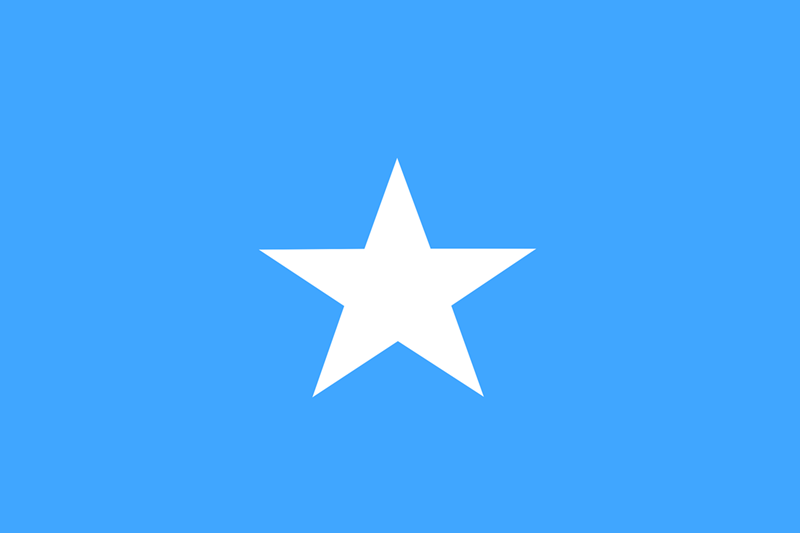CAIRO, Egypt – Egyptian President Abdel Fattah al-Sisi has issued a stark warning to Ethiopia, accusing it of causing “significant harm” to downstream nations through its management of the Grand Ethiopian Renaissance Dam (GERD) and declaring that Egypt will take “any and all necessary steps” to protect its vital water interests.
In a televised address during the “Cairo Water Week” on Sunday, October 12, 2025, President al-Sisi escalated the long-running diplomatic conflict over the Nile waters. He explicitly accused Ethiopia of “irresponsible behavior” and “releasing irregular waters without prior notification or coordination,” actions he stated were detrimental to Sudan and Egypt. He vowed that Egypt would not hesitate to take all necessary measures to safeguard its water security and its share of the Nile.
The dispute revolves around the Grand Ethiopian Renaissance Dam (GERD), a $4.6 billion hydroelectric project on the Blue Nile River in Ethiopia, close to the border with Sudan. The Blue Nile is the main tributary of the Nile River, which is the primary source of freshwater for Egypt and Sudan.
- Egypt: Relies on the Nile for over 98% of its freshwater and views the GERD as an existential threat.
- Ethiopia: Considers the dam crucial for its economic development and to provide electricity for its population.
- Sudan: Positioned downstream between Ethiopia and Egypt, it has expressed concerns about the dam’s safety and water flow regulation.
The latest tensions follow the reported final filling of the GERD’s reservoir earlier this year, a step that Egypt and Sudan jointly condemned as a violation of international principles. President al-Sisi’s strongly worded speech signals a potential shift away from a diplomatic approach that he admitted has failed to yield a comprehensive agreement after more than a decade of negotiations mediated by the African Union, with the US and EU as observers.
The conflict has been characterized by:
- Failed Negotiations: Over ten years of talks have stalled on key issues like drought mitigation protocols and a legally binding dispute resolution mechanism. The latest round of talks collapsed in late 2023.
- Escalating Rhetoric: Al-Sisi’s speech represents a hardening of Egypt’s position, moving from diplomacy to explicit threats of unilateral action.
- Regional Instability: The dispute occurs against a backdrop of existing regional volatility, with analysts warning that a failure of diplomacy could lead to significant instability.
The GERD, whose construction began in 2011, is the largest dam in Africa. Ethiopia sees it as a cornerstone of its national progress, while Egypt, one of the world’s most water-scarce nations with only about 500 cubic meters of water per capita annually, perceives it as a direct threat to its survival. Al-Sisi rejected Ethiopian claims of “total ownership over the Nile,” asserting the river is a shared resource for all nations it traverses.
President al-Sisi’s declaration marks a critical juncture in the long-standing Nile dispute, moving the conflict into a more dangerous and confrontational phase. By publicly vowing to take “all necessary steps” and calling for international intervention, Egypt is signaling that its patience with diplomatic processes has run out.
This escalation dramatically increases the stakes, transforming a technical and legal disagreement into a potential flashpoint for regional conflict. The international community, particularly the African Union, now faces immense pressure to revive credible negotiations before the rhetoric translates into action, with the water security and stability of over 100 million people hanging in the balance.

